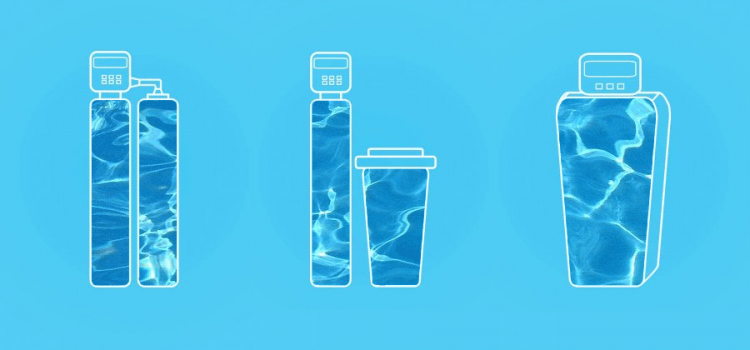A water softener is a treatment system that converts hard water into soft water. It is responsible for removing the minerals and other dissolved particles that make water “hard.” Needing a water softener in Austin is common since hard water can be a serious problem in this area of Texas, for homeowners and business owners alike.
Softening water is a consideration that should be addressed by not only homeowners and businesses but also the bodies governing water supply. Soft water does not cause mineral buildup in pipes and has minimal adverse effects to all its users.
In the guide below, we’ll provide some insight into why you should own a water softener, how various water softeners work, and things you should consider when choosing which one to buy.
Do You Need A Water Softener?
There are many reasons why you should embrace a water softener in your home. You do not want to keep replacing damaged appliances because of hard water effects. Consider the following benefits water softeners can present:
- It’s Cost Effective—Soft water does not cause pipes and other kitchen appliances damage the way hard water does. Eventually, soft water saves money due to the reduced repair costs you will see.
- It Improves Your Skin—Soft water ensures soft and smooth skin. While bathing, soft water encourages the minerals that cause hardness to completely dissolve in soap, reducing the adverse effects that otherwise be could be caused by hard water.
- It Saves Time—Cleaning counter tops and other household items and surfaces is usually faster when using soft water.
- It Cleans More Effectively—When you wash your clothes with soft water, you will enjoy brighter and cleaner fabrics.
How Do Water Softeners Work?
Minerals such as calcium and magnesium are very common in water. However, when their levels are high enough, they result in the experience we call water hardness. A water softener is crafted to remove these excess minerals via ion exchange, reducing the hardness of the water.
A water softener allows hard water to flow through it and pass through the resin beads that reside inside the softener. These resin beads are negatively charged with sodium ions, allowing them to grab the positive magnesium and calcium ions as they pass through. On one end of the softener, hard water flows in, and on the other end, you get soft water. Continuous removal of water hardness results in soft water.
What Should You Consider When Buying a Water Softener?
Before purchasing a water softener, you should contemplate some crucial factors that will assist you in making the best decision for your home or business. Below are some things to consider:
- Reputable Company—It is advisable that you always choose a renowned water softener vendor. Read the reviews and recommendations from previous customers to learn more about the quality of a company’s products as well as their services.
- Cost—Various water softeners have different prices depending on size and quality. You should select the one that can process an adequate volume for your needs without compromising on quality.
- Efficiency—You want an effective water softener. It should entirely remove the hardness present in water. Also, the softener shouldn’t keep you waiting while it does its task.
- Size—Water softeners vary in size, depending on household water usage. It would be best if you settle to the one that goes hand in hand with your water usage.
Water softeners come in many types. Additionally, numerous companies deal with water purification products. You should be able to select the best water softener in Kyle, which will provide quality and efficient service to your household. Ensure that you find a reputable water softener vendor who will provide appropriate guidelines and installation without costing you an arm and a leg in maintenance fees.
